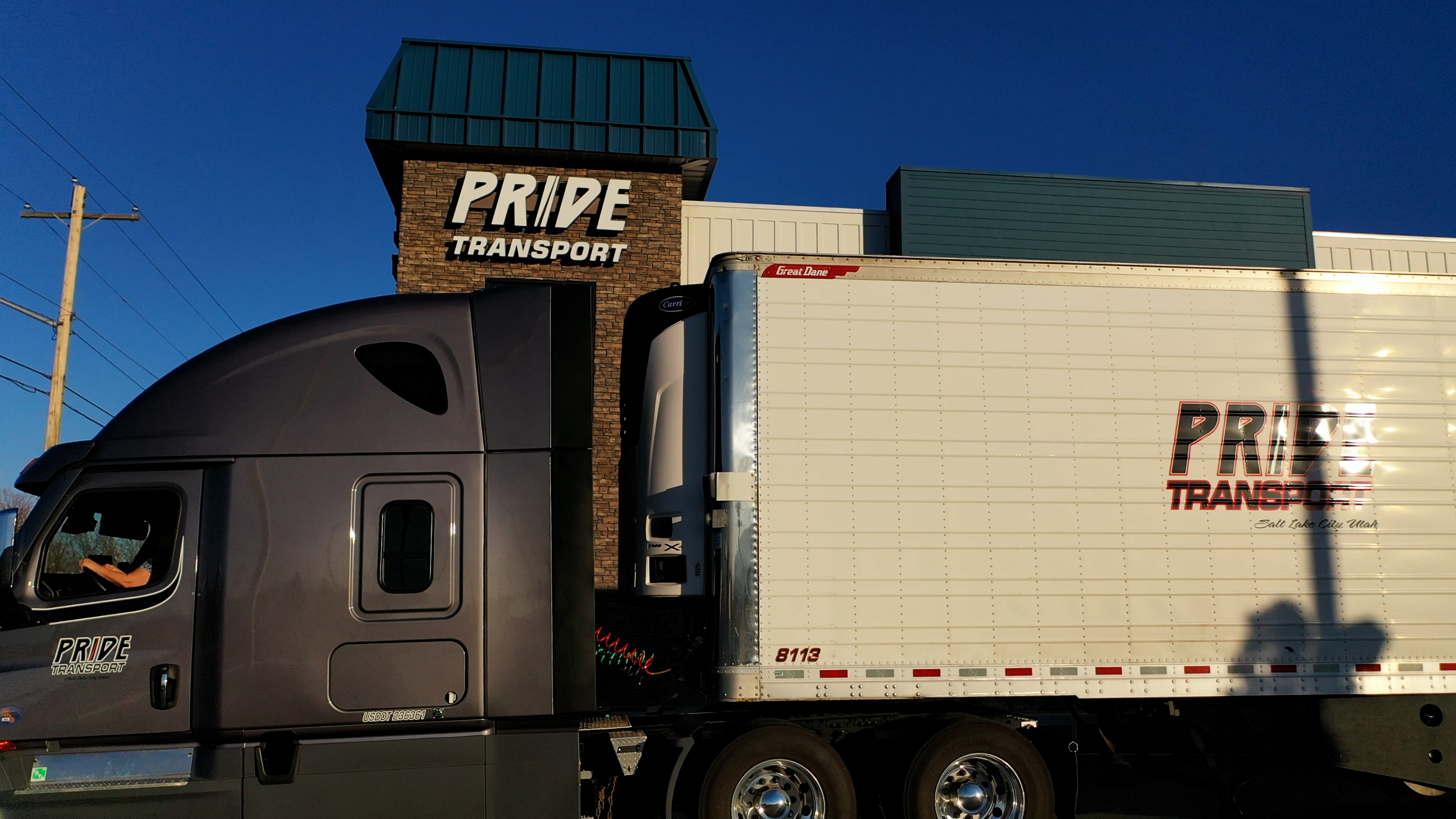by Pride Transport | Aug 16, 2024
Working in the trucking industry, you need to understand many regulations and requirements. One of them is the Federal Motor Carrier Safety Administration’s CSA program. This program launched in 2010 and is designed to keep carriers safe and responsible as they travel throughout the country.
Through this program, carriers get a CSA score. A CSA, or Compliance, Safety, Accountability, score, is a percentile rating determined by the Federal Motor Carrier Safety Administration (FMCSA). This score can be calculated on a scale from 0 to 100, with 0 being the goal and 100 representing the lowest level of safety.
This score is updated monthly by the FMCSA. The score is recalculated based on crash report data, roadside inspection data, and other information collected.
Your CSA score is important because it shows how safe a carrier is. A high CSA score (that’s one that’s over 50 points) indicates that there are real safety concerns that need to be addressed.
Here’s more about what you should know to understand the FMCSA’s rating system and what it could mean for you.
The CSA Points Guide
The CSA Points Guide assigns points based on violations. For example, you can get points for violations involving regulatory compliance, safety, or maintenance. Violation points are given on a scale from 1 to 10, with 10 being the most severe.
A few common violations and their associated points include:
- Operating a commercial motor vehicle (CMV) while texting: 10 points
- Speeding 11 to 14 mph over the speed limit: 7 points
- Improper lane change: 5 points
- Driving after being declared out-of-service for HOS violations: 10 points
- 60/70 hour violation (property): 7 points
- Driver’s record of duty status not current: 5 points

Categories of CSA Scores
There are seven categories the Federal Motor Carrier Safety Administration (FMCSA) looks at within its Safety Management System (SMS). These categories are collectively called the Behavior Analysis and Safety Improvement Categories, or BASICs.
The Behavior Analysis and Safety Improvement Categories (BASICs) include:
- Unsafe Driving
- Crash Indicator
- Hours-of-Service Compliance,
- Vehicle Maintenance
- Controlled Substances/Alcohol
- Hazardous Materials Compliance
- Driver Fitness
Each category is scored separately, resulting in an overall score that signifies if the carrier is doing what it should to prevent accidents and injuries or is having trouble staying in regulatory compliance or acting safely on the road.
How CSA Scores Are Used
CSA scores are important for many reasons, but one to keep in mind is that a high CSA score shows that a carrier doesn’t have safe practices for one reason or another. It could be because its drivers have used alcohol and driven their commercial vehicles. It could be that they are not in compliance with hazardous materials requirements.
Whatever it is, not having a good CSA score highlights that the drivers for that company may be more dangerous than others on the road. They pose a higher risk, and, as a result, need to be prioritized when it comes to inspections and other interventions.
Poor CSA scores have the potential to significantly impact an entire fleet, putting jobs at risk in worst-case scenarios. While there is no such thing as an individual CSA score used for one particular driver, the snapshot of how the company is doing can reflect back on all drivers. So, what’s good for one is good for all — and what is bad for one is bad for all, even when many drivers are doing exactly what they should be.
CSA scores don’t just result in problems with the FMCSA. They can also impact how insurance companies charge the carrier for their insurance coverage. Sometimes, insurance companies may refuse coverage, too, which can be complicated when the trucks need to stay on the road.
CSA scores can also impact shippers, as they may want to go with a company that is safer on the road for the sake of their own shipments. For example, if a company fails its hazardous materials category, it would be unlikely for a shipping company to want to send hazardous materials with them in the future. A loss of shipments negatively impacts the company’s bottom line.
Finally, brokers can use CSA scores to evaluate the safety and reliability of carriers, which can result in changes in the number of shipments they refer to a carrier. While carriers that have excellent CSA scores may get more work, those with weak scores may fall down to the bottom of the list.
The Importance of CSA Scores for Trucking Carriers
Having a good CSA score is a necessity for trucking carriers that want to maintain their businesses, get shipments referred to them, and avoid unwanted penalties and fines. With a score over 50, a carrier knows there are safety or regulatory issues, for example, that have to be addressed. When the score grows to 65 or more in the categories Crash Indicator, HOS compliance, or Hazardous Materials Compliance, the FMCSA will investigate the carrier for those violations.
High CSA scores can result in a number of penalties and fees, including increased inspections, higher insurance premiums, and a potential loss of business due to poor reputation management. If a carrier can maintain a low score, it means they’re safer and work to stay in compliance. That result typically pays off in more (and better) business opportunities thanks to an excellent reputation.
It’s important to proactively work toward safer driving and to monitor CSA scores from month to month to address any issues that arise. If a carrier gets a warning letter, they will know it’s time to work to get back into compliance before the FMCSA has to get involved.
Keep Safety in Mind With Pride
Being safe on the job is an excellent way to help the carrier you work with stay in compliance and protect your job. Of course, being safe on the road also means you’re less likely to get in a crash, get hurt, or cause injuries to others, too.
At Pride Transport, we believe in being a leader in the industry and encouraging regulatory compliance and safety to be at the forefront of everything we do. If you’re interested in working with a company that takes your safety and well-being in mind, check out our open positions.
